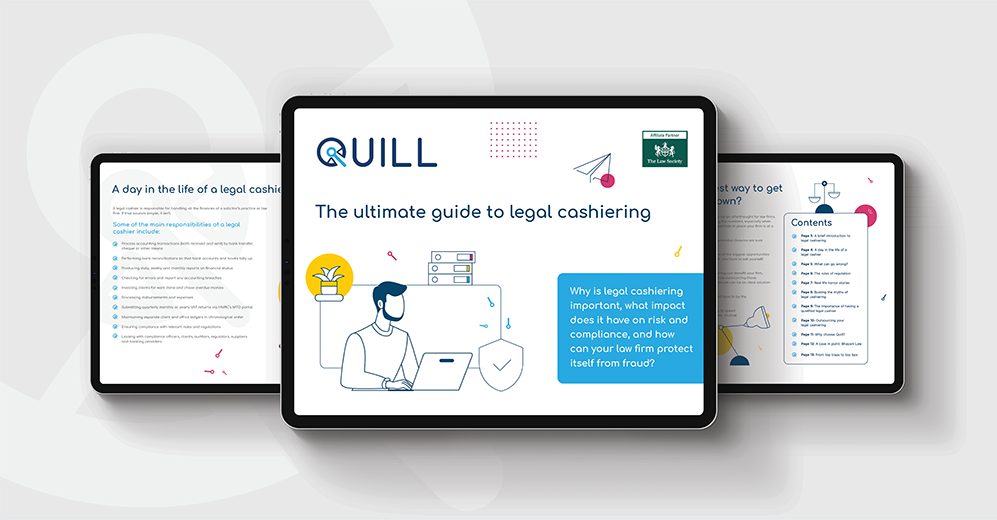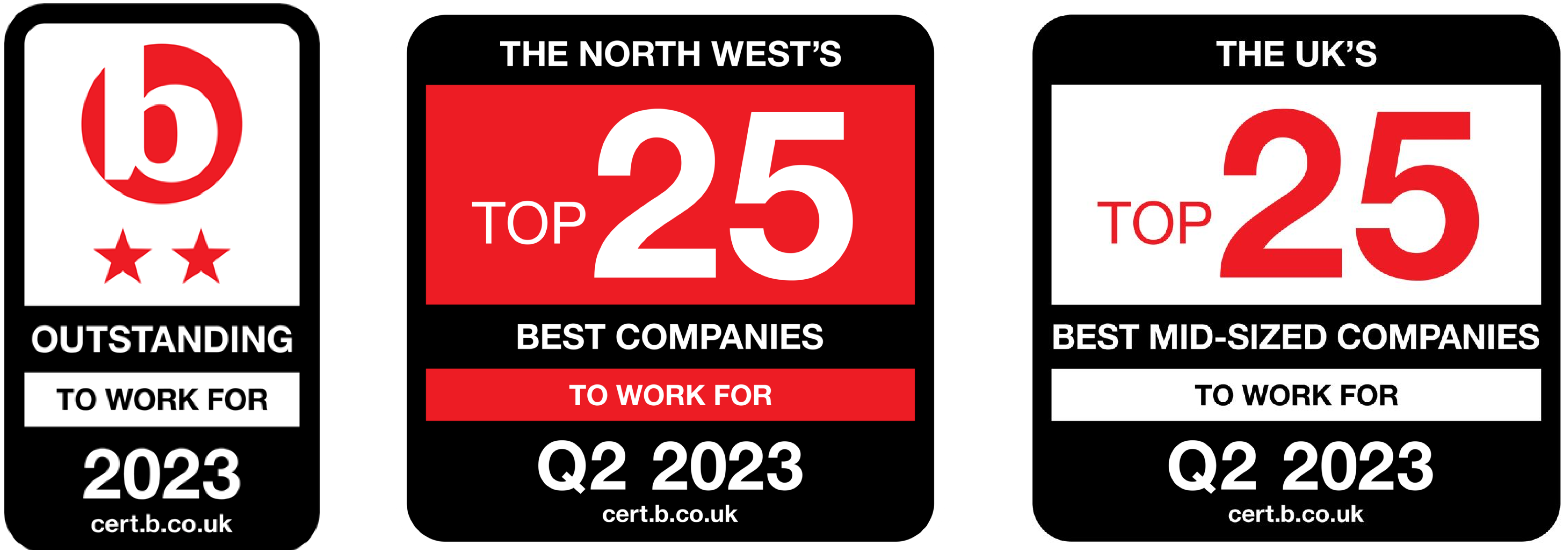
Guide to Starting Your Own Law Firm: Step 4
07/12/20Today’s how to start your own law firm blog series is focused on step 4: how to build risk management and compliance into your business plan.
Every single working day this year, the SRA has approved nearly two new start-up law firms. There are lots of entrepreneurs setting up their business.
If you fall into this category, now’s the time to put your hand up and ask questions; the answers to which will help you on your way to running your own practice. Our guide is a great starting point to having these all-important questions answered.
In our previous blog, we covered steps 1 to 3 – namely opening a business account with a bank, purchasing Professional Indemnity Insurance and formulating your business plan.
Today’s blog is about some of the things that can go wrong.
“For every law firm that opens, another one closes. Failing your compliance obligations is the quickest way of getting yourself shut down. If you do everything else correctly, but choose to finance your business from your client account, you won’t be around for long.”
Julian Bryan, Quill
Watch webinar:
Step 4: Build risk management and compliance into your business plan
Let’s be honest; setting up a law firm takes money, time and energy. You are inherently a small business and that means a thrilling amount of autonomy but also a daunting amount of risk. Let’s get to the nitty gritty of compliance; the regulatory, financial and management duties rest firmly and heavily on your shoulders.
Invest time in reading and research so that you’re familiar with the likes of the Solicitors Regulation Authority (or Law Society of Scotland) Standards & Regulations, SRA Accounts Rules (or CLC Accounts Code or Scottish Accounts Rules, depending on your location and area specialisms), 5th EU AML Directive, Proceeds of Crime Act, Terrorist Financing & Transfer of Funds Regulations, GDPR and Data Protection Act, to name a few.
Turn to experts to help you understand all your obligations and remember that this can and will take time to grasp. The reality is, to start a law firm means being comfortable with a degree of risk and feeling confident that you can operate compliantly. You need to ask yourself: can you handle it?
“Compliance should be neither an afterthought nor a burden. Compliance should be a natural consequence of meticulous preparation and running your law firm well. It’s compliance that keeps your doors open, after all.”
Julian Bryan, Quill
Once practising, the SRA Code of Conduct for Solicitors, RELs and RFLs require you to keep client money and assets safe, and you are liable for any breach of account rules – whether or not you are aware of them.
Key questions to answer
-
Who will be the COLP (compliance officer for legal practice) and the COFA (compliance officer for finance and administration)?
-
Who will be the person ‘qualified to supervise’? (This lawyer must have at least three years’ post-qualification experience).
-
Who will keep up to date with requirements such as compliance with anti-money laundering laws?
-
And what will be the arrangements for supervision and training?
-
Can you undertake AML checks during new client inception?
In order to comply with the SRA’s Standards and Regulations, you’ll need to implement a compliance system. Such a system can either be paper-based or electronic. A paper-based system will be cheaper, but take longer to maintain. An electronic system should take the COLP and COFA only a few minutes per month to complete some basic checks.
“Along with maintaining a number of central records, using an electronic system will save you several hours a month compared with any paper system. It also saves you time looking for things. How many of us have wondered exactly where some central records are and whether the version number is the most recent? These concerns disappear with electronic compliance software.”
David Gilmore, DG Legal
Regardless of whether you opt for paper or paperless, you’ll need to consider setting up:
- Central registers covering: Risks, breaches, software, health and safety and anti-money laundering
- Central records including: Approved suppliers, complaints, outsourcing and contractors, referrals, undertakings and website management
- HR records including: Training plans and history, annual leave, sickness and regular appraisals
- COLP checklists covering: File reviews, outsourcing, third parties and fee sharing, contractors, new staff members, risk management, conflicts of interest, undertakings, complaints, information security and data protection, regulatory compliance and financial stability
- COFA checklists covering: Breaches, bank reconciliations, internal reports, client monies, charity register, joint accounts, third party managed accounts, suspense ledger, internal systems and control.
“Despite being a small business, you have the same compliance requirements as big companies who can afford to pay people to take on specific roles as COLPs and COFAs. I have no such luxury so the onus is on me and me alone.”
Many budding firms will choose to have a legal accounts system or an accountant to support with this – this should have distinct client and office ledgers so you can easily send and receive payments, reconcile ledgers with bank accounts, and maintain a complete financial audit trail.
“As a sole practitioner, I’m the only person bringing in money. I have to earn fees because my business depends upon it. That’s why I decided to outsource my software to a cloud provider and offload my cashiering to an outsourcing supplier. I simply don’t have time to spend on these full-on functions as well as being a solicitor.”
Martin Bridge, Bridge & Co Solicitors
Download eBook
More from our blog

7th December
Guide to Starting Your Own Law Firm: Steps 1-3
Steps 1-3 of how to start your own law firm in the UK. Topics covered: how to open a bank account, apply for PI insurance and create a comprehensive business plan.

7th December
Guide to Starting Your Own Law Firm: Steps 5-8
Steps 5-8 on how to start your own law firm: why take the plunge, formally applying, choosing your business structure and managing client accounts.

7th December
Guide to Starting Your Own Law Firm: Steps 9-10
Steps 9 to 10 to starting your own law firm: how to create a realistic cashflow forecast and understand your accounting responsibilities.



